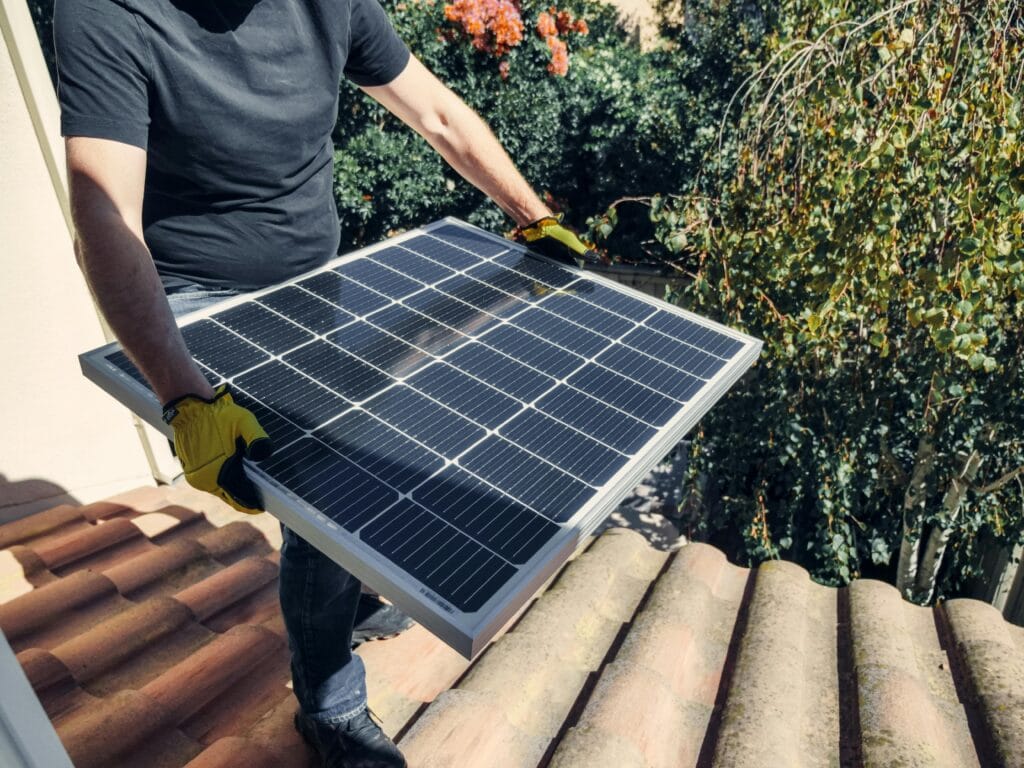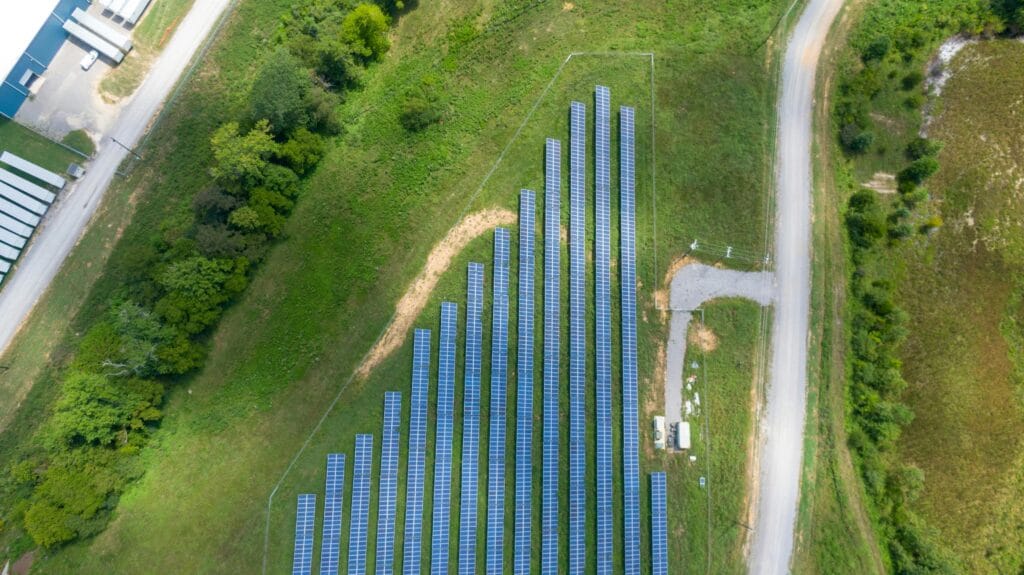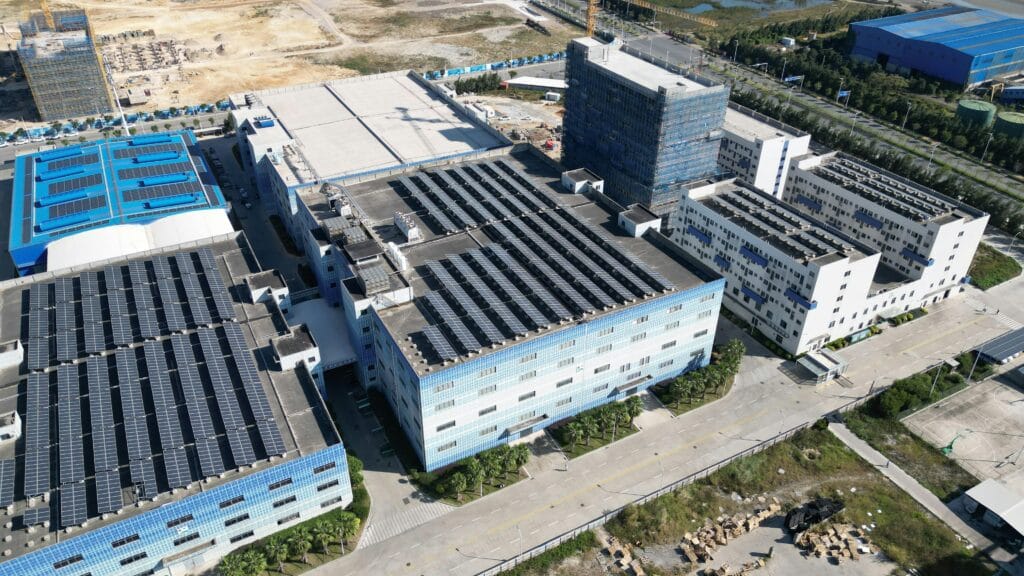Lithium iron phosphate (LiFePO4) batteries have become one of the most popular choices for energy storage, electric vehicles, solar systems, and various industrial applications. With their long cycle life, enhanced safety, and excellent thermal stability, demand for Baterii LiFePO4 is growing worldwide. However, with this rising demand, the number of suppliers has also increased dramatically. Not all suppliers deliver the same quality, and choosing the wrong partner can lead to product failures, safety hazards, or financial losses.
If you are sourcing LiFePO4 batteries for your business or project, identifying a trustworthy and professional manufacturer is crucial. Below are the key factors to evaluate when judging whether a supplier is a high-quality LiFePO4 battery manufacturer.

1. Company Background and Experience
The first step is to investigate the supplier’s history in the battery industry. A reliable manufacturer should have:
- Years of Experience: Companies with more than 5–10 years of experience in lithium battery production typically have established processes and technologies.
- Specialization in LiFePO4: Some companies produce multiple chemistries, but a strong focus on LiFePO4 indicates deeper expertise and better quality control.
- Reputation: Check whether the supplier has a track record of serving well-known brands, international markets, or government projects.
Experienced companies usually publish their milestones, certifications, and achievements on their website, which can help confirm credibility.

2. Certifications and Compliance
High-quality manufacturers invest in certifications to demonstrate compliance with international standards. Look for suppliers that can provide certifications such as:
- ISO 9001 (Quality Management System)
- ISO 14001 (Environmental Management System)
- ISO 45001 (Occupational Health and Safety)
- UN38.3 (Transportation safety for lithium batteries)
- CE, UL, RoHS (Product quality and safety standards for international markets)
If the batteries are intended for electric vehicles, energy storage systems, or grid-related projects, additional certifications such as IEC 62619, FDS, sau TUV reports may also be required. The presence of these documents proves that the manufacturer adheres to global quality and safety requirements.
3. Production Facilities and Technology
A manufacturer’s production capabilities directly impact battery quality. During your evaluation, look for signs of advanced manufacturing:
- Automated Production Lines: Automated equipment reduces human error and ensures consistent quality.
- In-House Cell Production: Manufacturers that produce their own cells often maintain better control over quality compared to those relying only on third-party cells.
- Testing Equipment: Professional suppliers will have facilities for capacity testing, cycle life testing, temperature stability analysis, and safety testing.
- R&D Department: Companies with a strong research and development team are more likely to innovate and provide customized solutions.
If possible, request a factory tour (on-site or virtual) to verify the supplier’s infrastructure.

4. Quality Control Processes
Quality assurance is a cornerstone of a reliable LiFePO4 battery supplier. Ask the manufacturer about their quality control (QC) and quality assurance (QA) procedures, including:
- Incoming Material Inspection: Ensuring raw materials like cathode powder, separators, and electrolytes meet specifications.
- In-Process Testing: Voltage, internal resistance, and consistency checks during production.
- Final Testing: 100% of cells and battery packs should be tested for capacity, safety, and performance before shipping.
- Batch Traceability: Reliable manufacturers assign serial numbers or barcodes for tracking production batches.
Strong QC systems help minimize defective products and ensure reliability in real-world applications.
5. Technical Support and Customization
Not all applications require the same battery specifications. For example, an off-grid solar storage system may need high cycle life, while an e-mobility solution may prioritize energy density. A good manufacturer should:
- Offer customizable solutions for voltage, capacity, size, and casing.
- Provide Sistemul de gestionare a bateriei (BMS) integration tailored to your application.
- Have an engineering team capable of supporting design, testing, and after-sales service.
The ability to customize products indicates technical strength and flexibility, which sets apart premium manufacturers from ordinary resellers.

6. Supply Capacity and Lead Time
When working with LiFePO4 batteries, especially in large projects, supply reliability is just as important as product quality. Consider:
- Monthly or Annual Production Capacity: A high-quality manufacturer should be transparent about how many batteries they can produce per month.
- Scalability: Can they handle your order volume as your business grows?
- Lead Time: A trustworthy supplier will provide realistic lead times and deliver consistently.
Large and well-organized manufacturers generally maintain raw material reserves and efficient logistics to avoid delays.
7. Customer Reviews and Global Presence
One of the most effective ways to assess a supplier is to check what existing customers say. Look for:
- Case Studies: Manufacturers often publish success stories about cooperation with international clients.
- Testimonials and References: Direct references from other businesses provide insights into service quality.
- Export Markets: If the company exports to North America, Europe, or Australia, it likely meets stricter quality standards.
Be cautious with suppliers that cannot provide references or proof of successful projects.

8. Warranty and After-Sales Service
A reliable LiFePO4 battery manufacturer stands behind their products with clear warranty terms. Standard warranties are often between 3 to 10 years, depending on the application. Key factors to check include:
- Warranty Coverage: Does it include defects, performance degradation, or premature failures?
- Technical Assistance: Does the company offer remote troubleshooting, installation guidance, or local service partners?
- Replacement Policy: Reliable manufacturers provide fast solutions for defective units without lengthy disputes.
After-sales service reflects the company’s confidence in its product quality and long-term commitment to customers.
9. Transparency in Communication
Professional manufacturers maintain open and transparent communication. Warning signs of an unreliable supplier include:
- Unclear answers about certifications or production details.
- Inconsistent pricing or hidden costs.
- Lack of technical documentation or reluctance to provide testing reports.
A trustworthy supplier provides detailed specifications, technical drawings, and certifications without hesitation.
10. Price vs. Value
Finally, while cost is always a factor, the cheapest option is rarely the best when it comes to LiFePO4 batteries. Low-cost suppliers may cut corners by using inferior materials or inadequate testing. Instead, focus on value:
- High-quality batteries last longer, reducing replacement costs.
- Better safety and stability lower the risk of accidents.
- Reliable supply chains prevent business interruptions.
Investing in a reputable manufacturer pays off in the long term through better performance, safety, and customer satisfaction.

Concluzie
Choosing a LiFePO4 battery supplier is not only about finding a competitive price, but about ensuring long-term reliability, safety, and performance. A truly high-quality manufacturer will have a proven track record, international certifications, advanced production facilities, strong quality control systems, and professional technical support.
When evaluating potential suppliers, always verify their background, request documentation, and assess their transparency. By carefully considering these factors, you can build strong partnerships with trustworthy LiFePO4 battery manufacturers and secure the best outcomes for your business.
CINE ESTE ECAVIX?

SERVICIILE NOASTRE
Personalizabil
Dacă doriți să cumpărați produse personalizate, vă rugăm să ne contactați, Sperăm că mesajul, contactați-ne
Securitate
Inclusiv aprobări CB, KC, PSE, CE, IEC, ISO, MSDS și UN38.3
Online
Dacă aveți întrebări, vă rugăm să lăsați un mesaj pe site-ul nostru sau să ne contactați prin WhatsApp. Serviciul nostru pentru clienți va răspunde în termen de 24 de ore prin e-mail/WhatsApp.
Strategice
Oferim soluții personalizate prin perspective bazate pe date și o execuție agilă. Parteneriază cu noi pentru a transforma provocările în oportunități - în mod eficient și eficace...